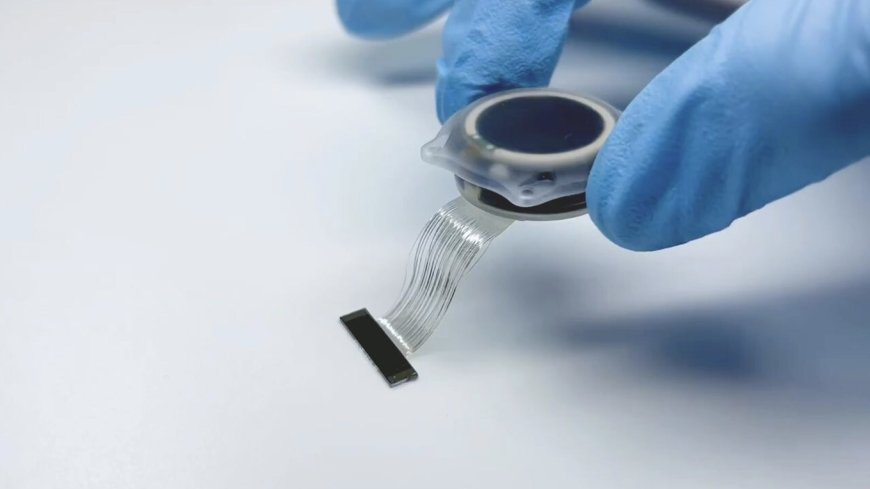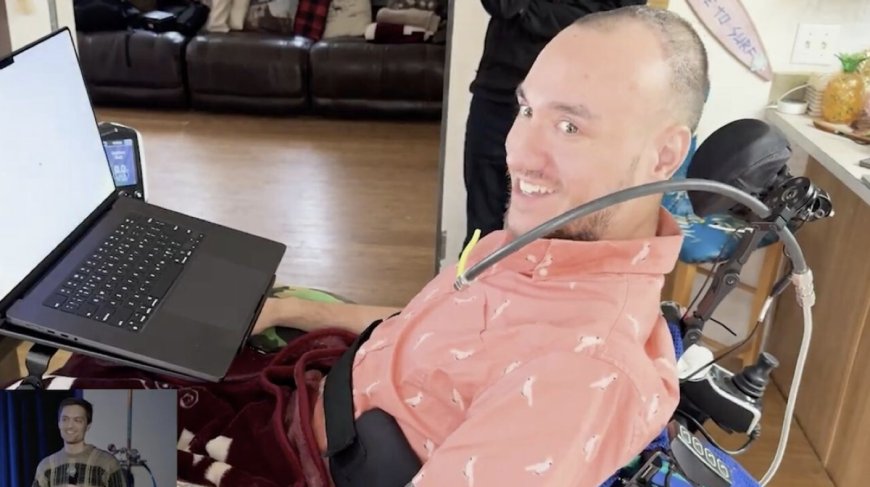Second Patient Approved for Neuralink by FDA, First Patient Shares Emotional Journey
FDA Approves Second Implantation of Neuralink Brain Chip After Company Proposes Fixes

The U.S. Food and Drug Administration (FDA) has given the green light to Elon Musk’s Neuralink to proceed with implanting its brain chip in a second individual, following proposed solutions to address issues encountered during the initial test.
The proposed fixes involve embedding some of the device’s ultrathin wires deeper into the brain, as disclosed by a person familiar with the company and a document reviewed by The Wall Street Journal.
As Neuralink prepares for its second test participant, the first recipient, Noland Arbaugh, shares his emotional journey and experiences with the device. Arbaugh, a quadriplegic for eight years, initially experienced a surge of hope and newfound abilities after the January implantation. Using the Neuralink implant, he could control a computer cursor with his thoughts, enabling communication and interaction in ways previously deemed impossible.

However, a month later, Arbaugh noticed a decline in the device's functionality as most implanted threads came loose, impeding the translation of his thoughts into cursor movements. Despite the setback, software updates from Neuralink improved device performance, allowing Arbaugh to regain many capabilities, demonstrated in subsequent livestreams.
Neuralink's N1 implant, housing electronics and a battery, features 64 external threads inserted into the brain's motor cortex. Arbaugh reports that approximately 15% of the threads remain in place and stabilized.
To address thread stability issues, Neuralink proposes implanting threads deeper into the brain's motor cortex, aiming for eight millimeters compared to Arbaugh's three-to-five millimeters.
With FDA approval secured, Neuralink plans to implant a second participant in June, with over 1,000 quadriplegics enrolled in its patient registry. The company aims to diversify its recipient pool to study various behaviors, but faces challenges as registry applicants are predominantly white and male.
Neuralink intends to expand trials to Canada and Britain in the coming months, with patient registries open for both countries.
Despite setbacks, Arbaugh remains optimistic, citing improvements in device performance and expressing hope for the future. Neuralink continues to refine its technology, focusing on decoding brain signals and enhancing device capabilities.
What's Your Reaction?

























